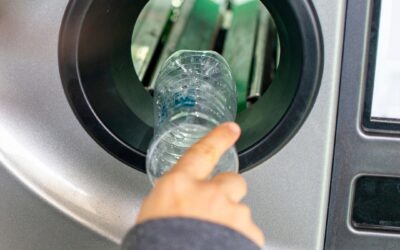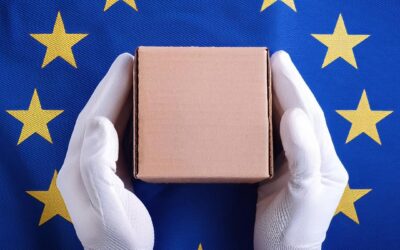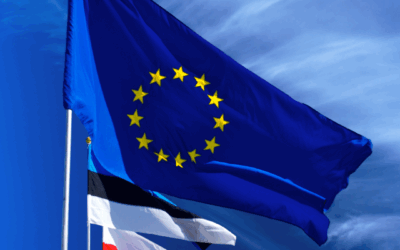Compliance in Ireland: How to fulfil your EPR obligations

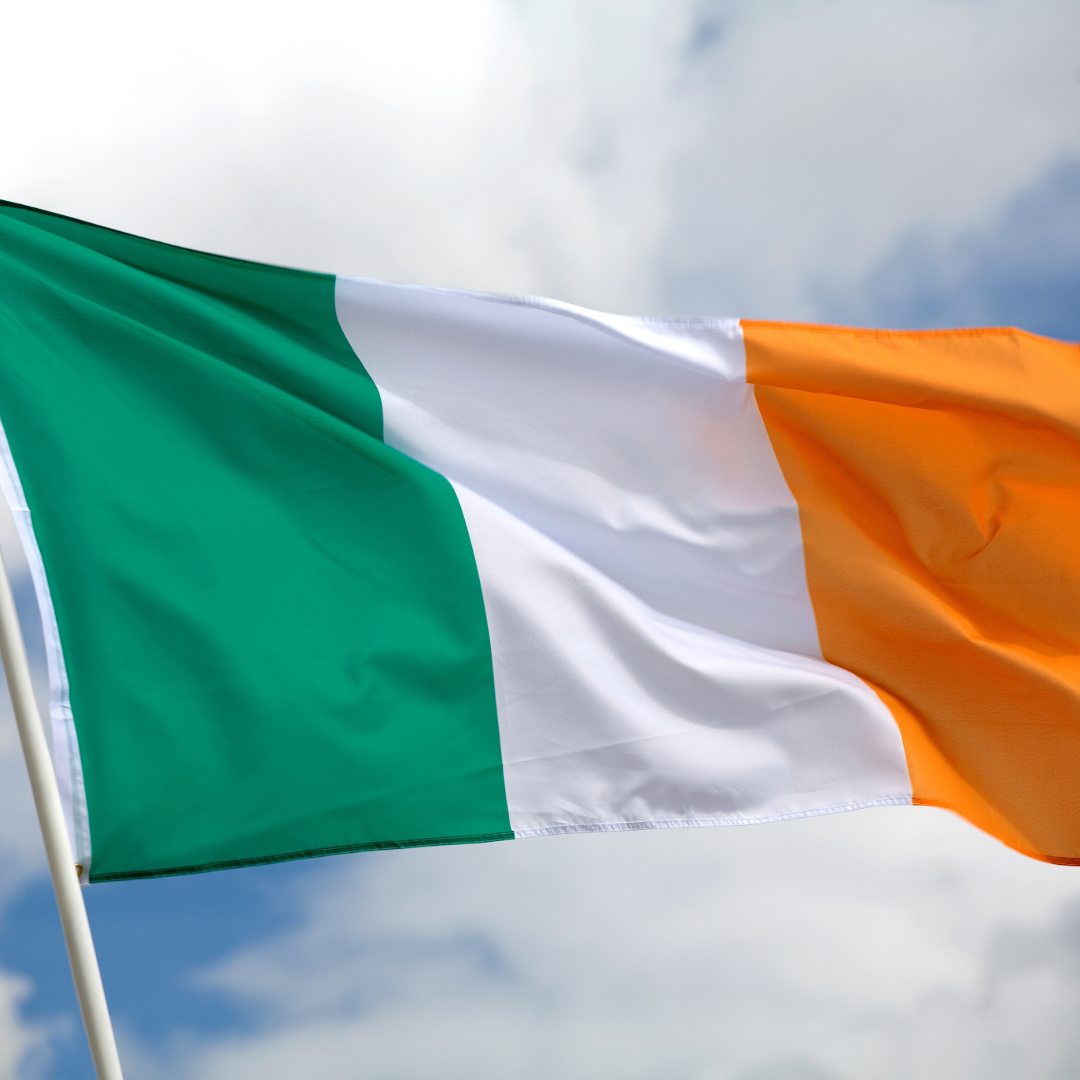

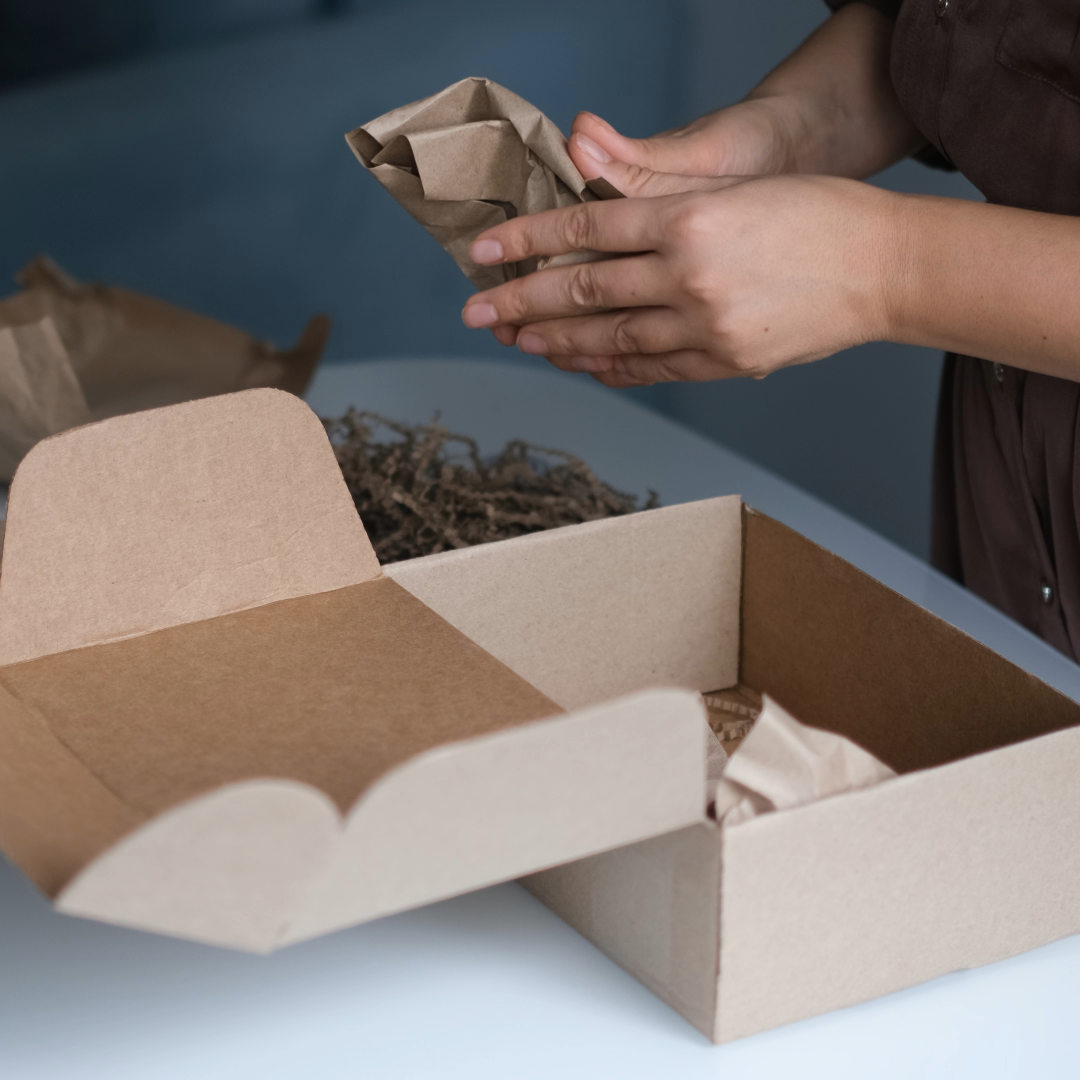
Ireland uses the extended producer responsibility (EPR) model to manage various waste streams and has introduced six EPR programmes. These programmes are based on the principle that producers take responsibility for the entire life cycle of their products and pay for their recycling. This means that manufacturers bear the costs for the collection and environmentally sound disposal of their products. There are specific targets for each of the six programmes. The initiatives for waste electrical and electronic equipment (WEEE), batteries and accumulators, end-of-life vehicles (ELV) and packaging are based on EU directives and pursue the fulfilment of EU targets. Other programmes for tyres and agricultural plastics are based on national regulations and have national targets.
Companies operating in Ireland or planning to expand into the Irish market have a duty to fulfil the legal requirements and contribute to sustainable waste management in Ireland. Below we provide an overview of your EPR obligations in the packaging sector and how to implement the obligations.
EPR basics in Ireland
The “Waste Action Plan for a Circular Economy” forms the basis for Irish waste planning and management. According to this plan, manufacturers are financially responsible for the collection and environmentally sound disposal of their products at the end of their life cycle. The plan also sets recycling and prevention targets for the various waste streams.
EPR volume threshold and turnover limit for packaging
Companies in Ireland are subject to the EPR obligations for packaging if they fulfil the following criteria:
- They place more than 10,000kg of packaging on the Irish market annually.
- Your annual turnover is at least €1,000,000.
If you have a branch and a local VAT number in Ireland, you count as a notifiable importer. Without these requirements, there is no obligation to licence the packaging you put into circulation. However, voluntary licensing is still possible. The Irish Repak system takes care of compliance with and implementation of the packaging obligations.
Registration and volume reporting of packaging
In Ireland, your packaging is registered and reported via the Repak system. This offers two types of membership:
- Regular Membership: For large companies such as manufacturers, importers, brand owners and large retailers. Members pay an annual fee based on the volume of packaging they place on the market.
- Simplified membership (Scheduled Membership): For small to medium-sized businesses such as retailers, hotels, pharmacies, pubs, hotels and restaurants. These members pay a fixed annual fee to fund recycling in Ireland.
Other EPR areas and obligations in Ireland
Batteries and electrical appliances
In addition to packaging, EPR obligations in Ireland also apply to batteries and electrical appliances. Companies that sell such products must ensure that they also finance the collection and environmentally sound disposal of these products. Further information can be found here.
EPR obligations for tyres
From 1 January 2025, the EPR system will be extended to all tyre categories listed in the Irish Tyre Regulation. This is intended to ensure a sustainable solution for the disposal of used tyres. It currently covers tyres from passenger cars, off-road vehicles, vans and motorbikes. Bus, truck, agricultural, construction and industrial tyres are now also included. All tyre manufacturers and dealers are legally obliged to participate in the Circol ELT system.
Plastics in agriculture
With the introduction of regulations for plastics in agriculture, Ireland is one of the few countries in Europe that is specifically focussed on promoting the recycling of these plastics. The regulation obliges manufacturers of agricultural plastics to participate either directly in take-back through deposits or recycling.
Conclusion
Ireland has implemented a comprehensive EPR system that covers several waste streams. If you want to import to Ireland, you should therefore find out in advance exactly what obligations apply to you in order to avoid possible penalties.
Companies operating in Ireland actively contribute to strengthening the circular economy by complying with the EPR obligations. Participation in the Repak scheme and other EPR programmes not only supports the achievement of national and EU-wide environmental targets, but also the development of innovative recycling and take-back solutions.

LIZENZERO.EU makes packaging compliance in Europe very easy.
Do you ship your products to different countries in the EU? Many different legal requirements and obligations can make the whole thing quite complicated – but don’t worry, we’ll do it for you. How do we do it? With our licensing service, we take over all obligations for you by power of attorney. Sounds good? We’ll be happy to advise you.
For shipping to Germany, you can easily fulfill your packaging obligations yourself via Lizenzero.de.
Deposit systems in the EU explained
Deposit systems show that simple solutions help to keep packaging in circulation and increase recycling rates. However, there are major differences within the EU: while countries such as Germany, Sweden and Finland have been using deposits for years and achieving high return rates, other Member States are still in the early stages.
Mandatory from 2026: The EU Authorised Representative for Packaging explained
Europe is an attractive but regulatory complex market. One of the more complex requirements is the appointment of an authorised representative (AR). The AR is the central interface between the manufacturer and the European market surveillance authorities. The authorised representative plays an important role in product safety and extended producer responsibility (EPR) and is therefore becoming increasingly important to ensure access to the market.
Authorised Representatives in Europe: Which ones are there and what do you need them for?
Europe is an attractive but regulatory complex market. One of the more complex requirements is the appointment of an authorised representative (AR). The AR is the central interface between the manufacturer and the European market surveillance authorities. The authorised representative plays an important role in product safety and extended producer responsibility (EPR) and is therefore becoming increasingly important to ensure access to the market.


